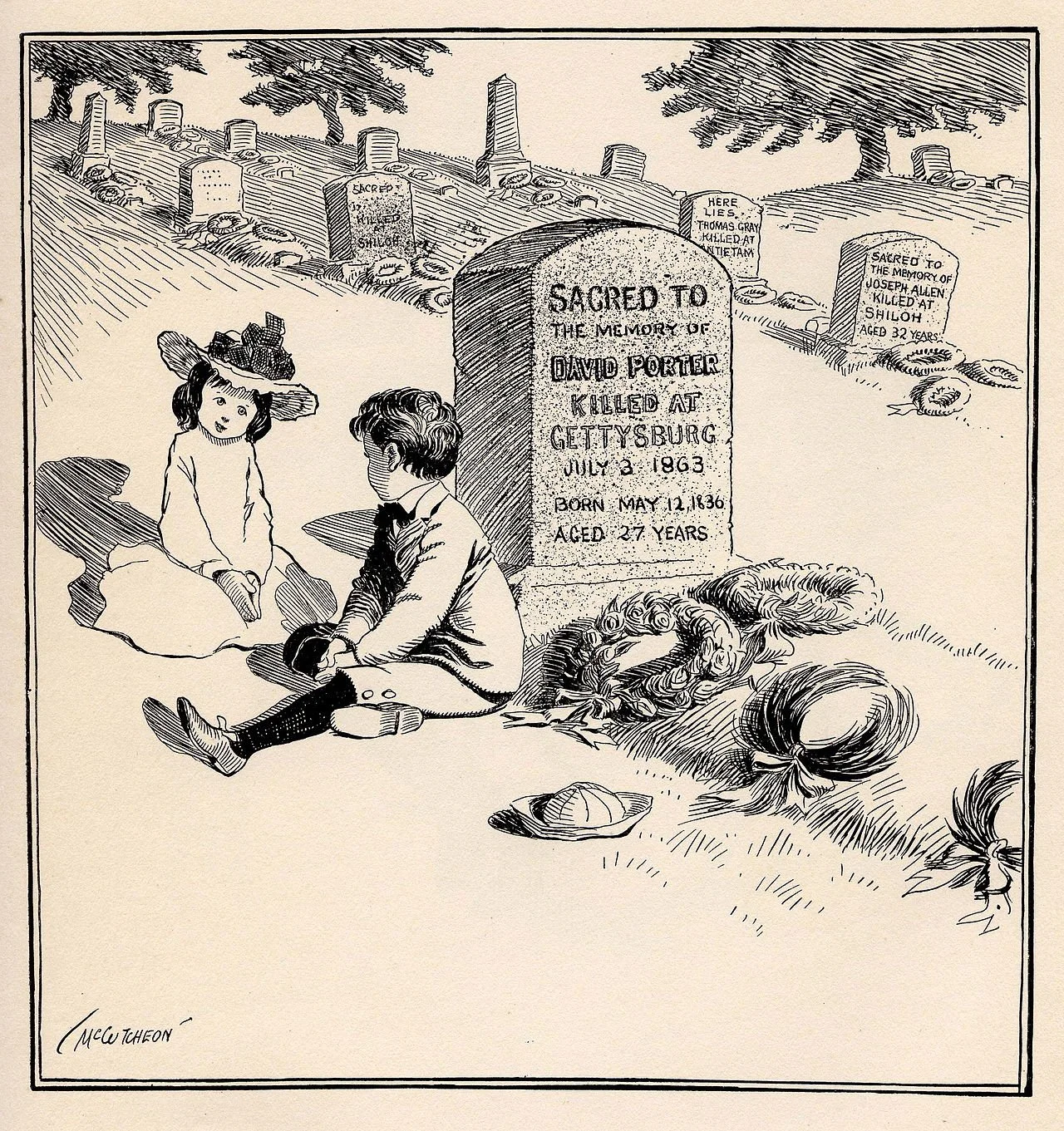Secretary of State Mitt Romney?
SOMERVILLE, Mass.
If, as seems likely, President Trump is on the verge of defeat in his bid for re-election, an epic battle between Republicans is in the offing. Joe Biden should put his thumb on its scale from the start. May he recall Winston Churchill’s maxims – “in war, resolution; in defeat, defiance; in victory, magnanimity; in peace, goodwill – and prepare to offer important Cabinet positions to one or two senior centrist figures in the GOP.
Utah Sen. Mitt Romney, who was the Republican presidential candidate in 2012, would make an excellent secretary of state. So would former Utah Gov. Jon Huntsman, another 2012 GOP hopeful. Two-term Ohio Gov. John Kasich, who came closer than any but Ted Cruz to defeating Trump for his party’s nomination in 2016, could restore low-key competence to the embattled Department of Health and Human Services.
Are these unreasonable suggestions? I don’t think so. Certainly Biden understands the logic very well. In an outdoor speech last week near the Gettysburg memorial park, he asserted the nation was once again “in dark times” – in the grips “not of just ferocious division, but of widespread death, structural inequity, and fear of the future.”
Instead of treating each other’s party as the opposition, we treat them as the enemy. This must end. We need to revive the spirit of bipartisanship in this country, a spirit of being able to work with one another.
Biden added that when he said such things in the past, he was accused of being naive. “Maybe that’s the way things used to work, Joe, but they can’t work that way anymore,” he said he was told. Not only can work that way, he replied, he said, but they must, if the damage is to be repaired.
Romney’s nomination to head the State Department would be all but impossible to oppose. Foreign policy is traditionally conducted in a bipartisan manner, after all. Romney indicated his willingness to serve in the post when he submitted to a humiliating interview with President Trump not long after the 2016 election. The former governor of Massachusetts has since been elected to the Senate. Perhaps he would prefer to keep that post. In that case, Huntsman deserves a look, having served as ambassador to both China (2009-2011) and Russia (2017-2019).
Kasich is a less obvious choice, but after nine terms in the U.S. House, he served two successful terms as governor of Ohio, mastering its budget and engineering a statewide Medicare expansion that saved many lives during the opioid epidemic. He endorsed Biden’s candidacy in a speech to the Democratic National Convention.
(As recently as the Obama administration, it was common practice to have someone from the other party in the Cabinet: Ray Lahood as transportation secretary in its first term, and Chuck Hagel as secretary of defense in the second. Obama also asked Robert Gates stay on for two years at the Pentagon.)
Political parties are large and complicated organizations. Pundits have been regularly pronouncing the death of the Republican Party for four years now. I think that is wrong. For the moment, Americans are feeling their way, divided between the party of innovation (the Democrats), and the party of conservatism (probably the Republicans).
Gradually an acceptable program of innovation will emerge and settle into its tracks. What lies ahead for Republicans now are battles among those who seek election appealing to the Trump base, and a pool of still little-known politicians and staffers who believe that the party’s future belongs to leadership committed to preserving what the nation already has achieved: a cheerful, tolerant, and resourceful civil society. A deep reservoir of talent is available at the Lincoln Project ready to resume construction. See this lengthy story on The New Yorker Web site for details.
Then there are the progressives, the Democratic faction in whose dreams can be glimpsed the future of their party. But politics takes time as well as passion. In their fury over the Trump years, progressives are calling for a Carthaginian peace. Biden should offer Republicans a Marshall Plan, meaning help restoring a once- strong organization back in working order. Meanwhile, let the de-Trumpification of the GOP begin.
xxx
The 2020 Nobel Prize in chemistry to Jennifer Doudna and Emmanuelle Charpentier recognizes not one but two historic landmarks, the first for science, the second for gender equality. Development of “genetic scissors,” the mechanism known as CRISPR, is widely understood to be the most important advance in biological science since 1962, when the prize recognizing the discovery of the helical structure of the DNA molecule was awarded.
And it was in the years since then that women have made strides toward parity with male colleagues at nearly every level of the new science and attendant biotechnology, including, now, the world-historical highest. No one who sits in on biotech meetings (or even regularly walks across town in certain districts of Cambridge, San Francisco, or Palo Alto) can fail to notice that the professional class now includes many women as well as men.
As befits an epic achievement, the Doudna/Charpentier story merits a very good book, and then a film. (After her biopic portrayal of two-time laureate Marie Curie, it seems a given that Rosamund Pike will play Doudna.) Laureate James Watson’s The Double Helix: A Personal Account of the Discovery of the Structure of DNA has been a classic since it appeared in 1968. Walter Isaacson, biographer of Benjamin Franklin, Albert Einstein, Steve Jobs, and Leonardo Da Vinci, last week registered first dibs on the CRISPR story with an op-ed in The New York Times.
Eric Lander, president of the Broad Institute of MIT and Harvard University, whose scientists. and others in a Harvard lab, were rivals to Doudna and Carpentier in the chase to nail down the details of the scissors (and gain its patent rights) raised hackles in January 2018, when, in The Heroes of CRISPR, an article in Cell, he called attention the successes of his local heroes, Feng Zhang and George Church, as an illustration of the intricacy of the web of science. They lost out in the end. But the story of this year’s prize is better for Lander’s controversial article.
David Warsh, a veteran columnist and an economic historian, is proprietor of Somerville-based economicprincipals.com.
















